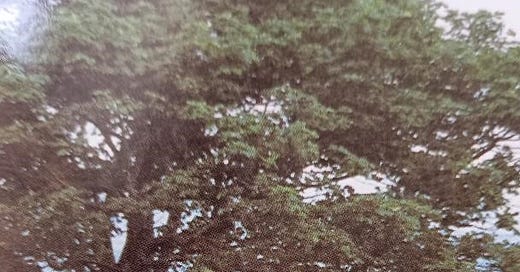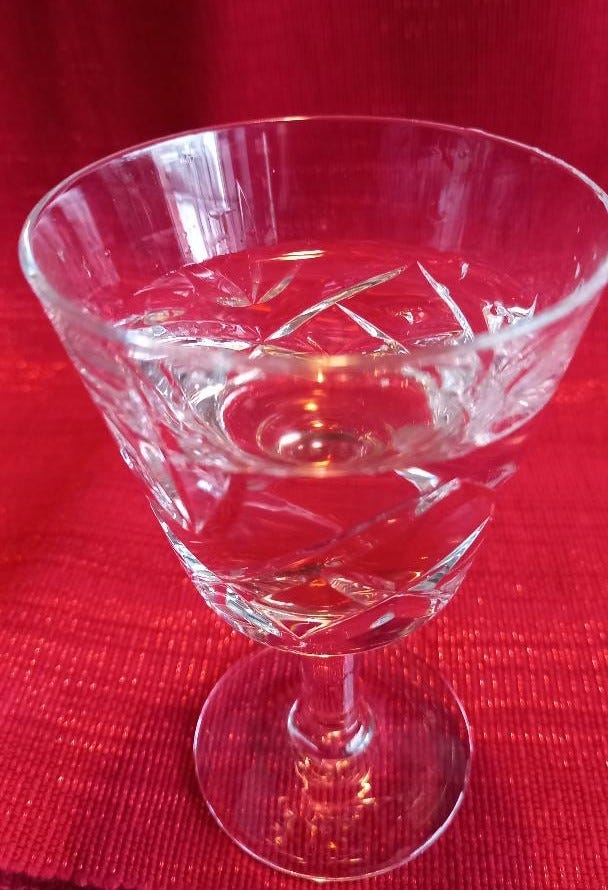Picture: Top Withens, Haworth, West Yorkshire.
In the week we celebrated World Book Day 7 March, and International Women’s Day, 8 March, I’m writing today about one of the most important women writers of all time, Emily Bronte, and her remarkable novel, Wuthering Heights.
Last week, I began by asking why we read and what is the point of it. This week, I continue to offer some answers in snippets from my forthcoming fictionalised memoir A Crush on Macduff, inspired by teaching young people English and Literature.
The full chapter describes a typical trip with an A Level Literature class to Haworth and the Bronte parsonage museum in Yorkshire, to understand how the setting of the moors plays such a key part in Wuthering Heights.
Our Day Out in Haworth.
Snippets from the full chapter.
I was born and bred in Yorkshire, home of the northern shrine of Literature: Haworth and the Brontë Parsonage. Only an hour’s car journey from where I grew up in Wakefield, we regularly took visitors to show them that the Bronte women’s literary genius was nurtured on our very own moors.
Having made Merseyside my home, journeys back to Yorkshire often began in sunshine, but somewhere north of Manchester, the weather changed. By the time we reached the Saddleworth Moor summit, the motorway was a moon-surface of mist, blizzards, or both. For this reason, March was the best time to take students to Haworth: the weather was kinder but still rugged enough for atmosphere; it was before the Easter holidays and the exams were far enough away.
At the end of a good day out, a discussion of reading.
Like Wine Through Water
Following a steady, fog-free, two-hour return journey down the M62 and through the Mersey tunnel, we pulled into the empty school car park at dusk, long after school had closed. The tired but happy students thanked us for a good day out and made their way to bus stops and waiting cars, while we locked the minibus and the school gates. Paddy was the teacher-friend accompanying the students with me.
Julie: I feel weary but happy. All went well and “I am satisfied,” as Catherine says to Nelly.
Paddy: It’s been a good day, and it may, as Catherine also says to Nelly, alter the “colour of their minds forever… like wine through water”. Come on, let’s go to the pub. I’ll treat you to a glass of red before we go home, but no-one’s putting water through my wine!
Julie: [raising glass] Cheers and thanks for your support and company today.
Paddy: Cheers, Julie, and thank you for doing the organising! I tell you what, though, I’m glad it’s you teaching Wuthering Heights and not me. It’s not an easy book.
Julie: As Cathy says, “It’s a source of little visible delight but necessary.” The book has taken its time to grow on me.
Paddy All those dates, times and seasons, and the names are all the same. Catherine Earnshaw; Catherine Linton; Catherine Heathcliff… It’s so confusing.
Julie: Yes, it is, at first, but you have to find the code to unlock the enigma. It’s a book that has changed me. Cathy talks about dreams she has had that have stayed with her and changed her ideas. Well, Wuthering Heights has done that for me.
Paddy: The museum was fascinating. You know, when you see her clothes and shoes, it makes you wonder how that tiny woman, Emily, could create Heathcliff, and how she brought such rough men out of the closets of her imagination to set them loose on Victorian society.
Julie: I know. She knew how hard and short people’s lives were working in the Haworth mills. Those lovely cottages were once squalid, overcrowded hovels. Did you read about how many people died of cholera? She saw the funerals from the parsonage window.
Paddy: And as educated women they lived each day in a society that excluded their talents. Currer, Ellis and Acton Bell. They had to pretend to be men to get published. But Heathcliff is a bit of a monster, isn’t he?
Julie: Is he? Quite a lot of women see him as the rugged hero type.
Paddy Yeah, it’s hard to compete with someone who’s a b***d! Is he really handsome in the book as the films make out? How do you see him?
Julie: Good question. I see him as a warning figure that if we treat people inhumanely, we create the climate for revenge. Bronte writes so vividly about the prejudice, the racism, against Heathcliff and makes us feel the pain of the way he is derided and excluded. Heathcliff is constantly belittled and humiliated, his intelligence thwarted. His victims in the second part of the novel were his torturers in the first. Bronte is writing about the dignity of human life, as Mary Shelley does in Frankenstein. From these two highly intelligent women, Brontë and Shelley, come two of the greatest novels ever written, and two of the most frightening and fascinating male characters.
Paddy: I suppose if we strip people of dignity, they will seek revenge. Where we humiliate, so we will suffer in turn. What those women wrote about in the nineteenth century came true in the twentieth. We are responsible for the monsters we create. The dictators and tyrants.
Julie: Perhaps politicians should read both Frankenstein and Wuthering Heights before standing for office. Emily Brontë and Mary Shelley should be compulsory reading.
Paddy: And what about us in the classroom? Does our system of education not create “outsiders” of children who are ritually humiliated every time they take a test and fail to meet the expected target? We are all responsible. There’s a poem -Maureen has it on the fridge at home - how does it go? Something about… if you are treated with love and respect, you grow to love and respect. When you are treated with scorn and violence you become scornful and violent, like Heathcliff, and the Frankenstein “creature”.’
Julie: So what hope is there?
Paddy: The same hope as at the end of Wuthering Heights: reading. The kid in the book that Heathcliff had wanted to grow all “crooked” like him…
Julie: Ah, yes, I see what you mean. Hareton steals the young Catherine’s books to teach himself to read. He suffers her criticism of his stumbling efforts until finally, it’s reading that brings them together. The novel ends with that lovely image of their two heads together over a book.
Paddy: The traditional triumph of good over evil is achieved by education over ignorance.
Julie: Oh, yes! Two “radiant countenances” bent over the pages of the book: the power of reading. And don’t you feel the same when you see children reading in school? That is our job summed up; to change hearts and minds of young people through reading. I’ll get us another glass of wine?
Paddy: One more, then we’d better go home, or our respective partners will be seeking their revenge on us!
(Ha)worth the visit: Bronte Parsonage Museum
WRITING CHALLENGE
Writing Dialogue
In my original chapter, (read as a paid subscriber) the dialogue is written in prose which I have re-written as a script for this post. In the conversation there are three issues I feel strongly about: Wuthering Heights and Frankenstein and their female authors; the humanising power of reading, and thirdly, testing children in education. Practise writing about an issue you feel strongly about, then re-present your thoughts as a dialogue. In the very first draft, I started with a rant!





